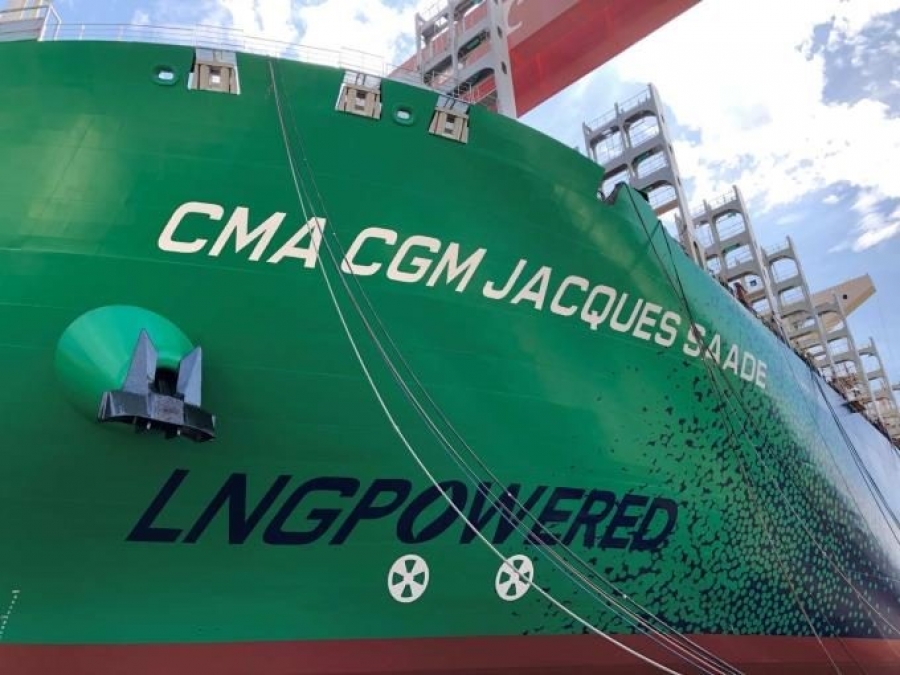A UMAS report dismissing LNG as “a statistical irrelevance” in the rush to decarbonise shipping, has coincided with a new campaign against its adoption.
However, shipping’s adoption of LNG shows no signs of slowing down, with some 50 new port bunkering facilities planned by 2025, as well as making up 81% of alternative-fuel vessel orders last year.
But campaign group Say No To LNG aims to rule out the fossil fuel as part of any decarbonisation scenario, pointing out that methane emissions – the main component of LNG and some 80 times as potent a greenhouse gas as CO2 – have increased by 150% in six years as ships and other industries switch to the fuel.
According to UMAS data, despite the enormous research and development cost of developing new engine types, fuel feeds and tank systems, and even new ship designs for burning LNG, its effect on decarbonisation will have been “a statistical irrelevance”.
It said: “LNG provides a negligible impact on well-to-wake greenhouse gas emissions… and so there is no material change in the overall WtW GHG reduction, regardless of the take-up of LNG between now and 2030.”
UMAS condemned the “complacency” across the shipping sector, which, it claims, has prioritising adoption of new zero-carbon fuels to the exclusion of improving fuel efficiency.
“Industry is increasingly under pressure to align with 1.5ºC and has broadly embraced that this can only be achieved by a fuel transition,” said Jean-Marc Bonello, principal consultant at UMAS. “However, this may distract from the fact that significant gains in energy efficiency through technologies, including wind assist, and operational measures are needed this decade so start reducing GHG now.”
Though not applicable on all trades, existing sail designs have been responsible for reducing fuel consumption by around 30% in some cases, and some designers, such as Wilhelmsen, anticipate being able to operate with wind providing 90% of their propulsion.
Other efficiency upgrades include air lubrication, hull optimisation, and aft-hull additions such as fins and ducts.
UMAS director Tristan Smith said shipping was “on track for a complacent 2020s, followed by a highly disruptive 2030s, caused by a turbulent, expensive and late fuel transition.”
Instead, he added, an accelerated timeline of investment was needed not only to change fuels, but also to whittle down the fuel use of the average vessel.
However, industry lobby group Sea-LNG, which recently expanded to include another fossil fuel company, Énestas, to its board’s line-up, has criticised what it has called “sensationalist claims” on methane slip, characterising them as “a transparent attempt to distract the industry from investing in LNG”.
Its COO, Steve Esau, called methane slip “effectively solved” in two-stroke diesels, “which make up more than half of the LNG-fuelled vessels on order today”.
At COP 26 in Glasgow at the end of 2021, more than 100 countries signed a declaration to cut LNG use, including the US, UK and the EU. EC president Ursula von der Leyen told COP LNG was “the lowest hanging fruit” – ie, the easiest method to cut greenhouse gas emissions.






















